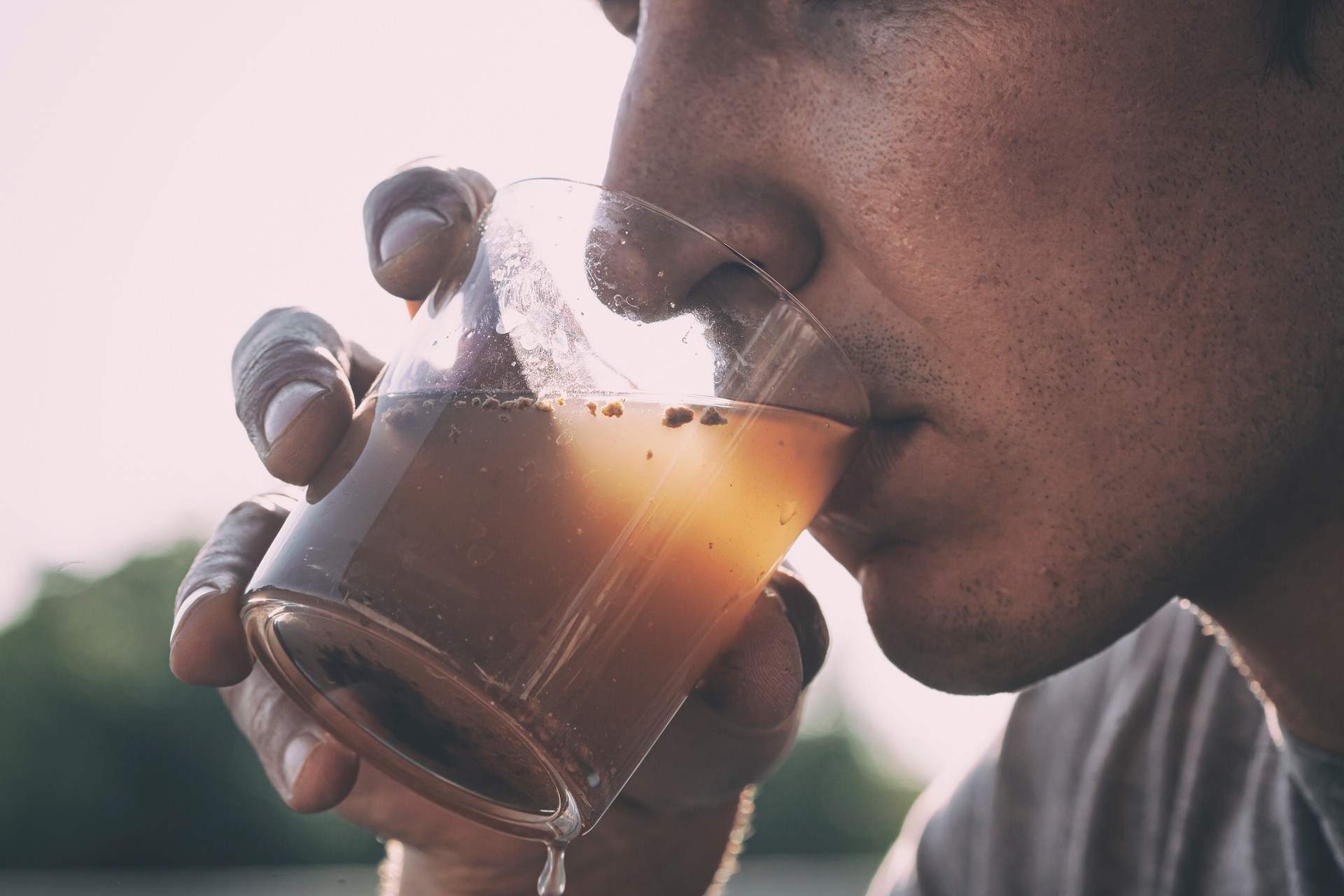For at least twenty-two years (1953-1987) the water-supply systems at Camp Lejeune were contaminated with the cancer-causing chemicals such as trichloroethylene, vinyl chloride, perchloroethylene, and benzene. It is estimated that up to one million people were exposed to these chemicals over the course of the contamination. The specific duration, intensity of the exposure, and extent of contamination remains unknown. Still, contamination is shown to have increased the risks of cancer, adverse birth outcomes, and other detrimental health effects.
If you resided at Camp Lejeune between 1953 until 1987, you may qualify for a lawsuit which alleges that these chemicals caused a multitude of diseases.
Frequently Asked Questions
Below are some of the most frequently asked questions (FAQs) about Camp Lejeune water contamination and lawsuits.
What are the diseases that have been associated with toxic chemicals at Camp Lejeune?
Below is a list of cancer-causing diseases and illnesses caused by chemicals in the Camp Lejeune drinking water.
- Aplastic anemia
- Bladder cancer
- Breast cancer
- Esophageal cancer
- Female infertility
- Hepatic steatosis (fatty liver disease)
- Kidney cancer
- Leukemia
- Liver cancer
- Lung cancer
- Miscarriage
- Multiple myeloma
- Myelodysplastic syndromes
- Neurobehavioral effects
- Non-Hodgkin’s lymphoma
- Parkinson’s disease
- Renal toxicity
- Scleroderma
- Cardiac defect
- End stage renal disease
- Kidney disease
Who can file a Camp Lejeune Lawsuit?
Anyone who:
- Resided, worked, or was otherwise exposed to contaminated water at Camp Lejeune for a minimum of 30 days between August 1, 1953, and December 31, 1987, and
- Diagnosed with a health condition associated with Camp Lejeune water contamination.
What Can I do if I was Injured at Camp Lejeune?
If you or a loved one was injured by the water contamination at Camp Lejeune, please do not hesitate to call us. The attorneys at Domnick Cunningham & Yaffa are experienced and knowledgeable in mass tort claims and are here to advise you through any legal processes. Call to schedule your free consultation with one of our lawyers today!
Were the Marines Aware of Possible Contamination as it Occurred?
There are various reports indicating the Marines were aware of a possible contamination though they delayed their investigations for years to come.
What Was in the Water at Base Camp Lejeune?
- Trichloroethylene (TCE)
- Perchloroethylene (PCE)
- Benzene
- Vinyl chloride
What can I be Compensated for if I was injured by the Water at Camp Lejeune?
- Medical bills
- Pain and suffering
- Lost wages
- Disability benefits
- Loss of companionship, consortium, enjoyment of life, and earning capacity
- Permanent disability
- Other compensatory damages
What is the Statute of Limitations for Filing Camp Lejeune Lawsuit?
- Two years after the enactment of the Honoring Our PACT Act of 2022, and
- 180 days after the date which an administrative claim is denied.
What is a Mass Tort?
This is some action or omission that harms or injures a great number of people. Such examples of this kind of activity includes explosions, commercial plane crashes, and groundwater contamination due to toxic waste disposal. There are not single cases, but groupings of individual lawsuits alleging the same issues against the same defendants(s).
What is an Individual Claim?
This is a single and isolated occurrence of an event and does not include a series of related or repeated occurrence of the same event.
What Documents are Needed to File a Camp Lejeune Water Contamination Lawsuit?
- Documents providing residence at Camp Lejeune
- Military service records indicating dates and locations served
- Medical records and diagnoses
- Medical bills
- Travel records
- Health care information
- Records on disability benefits or VA compensation benefits
Filing a Camp Lejeune Water Contamination Claim
The primary difference between this bill and others relating to toxic exposure is that it is inclusive and provides everyone affected by this tragedy with an opportunity for compensation. The bill permits “anyone who lived, worked, served, or was otherwise exposed at the base (including in utero exposure) at the base from August 1, 1953, to December 31, 1987, for at least 30 days, exposed to the water, and suffered injuries” to file lawsuit against the United States government. These claims will be handled like a personal injury mass tort and can only be filed in the U.S. District Court of the Eastern District of North Carolina, located in Raleigh, North Carolina.
To recover compensation under the Act, individuals and families must present evidence that is either:
- “Sufficient to conclude that a causal relationship exists; or
- “Sufficient to conclude that a causal relationship is at least as likely as not.”
Essentially, filing a claim is not enough. Claimants need to provide clear evidence of their right to compensation which may include studies, medical records, and other forms of documentation. Claimants will also need to provide evidence depicting the long-term costs of their or their loved one’s medical conditions.
Included in the bill is a statute of limitations to file a claim which is two years from the date of the statute’s enactment. Before a claimant can file a Camp Lejeune Water Contamination Lawsuit, they must first exhaust their administrative remedies. Once they have received their final administrative denial, a claimant will have 180 days to file their claim in court which will apply even if the two-year limitations period has expired.
An earlier version of the bill included an additional two-year statute of limitation that would have allowed claims to be filed two years after the date of discovery of a contamination-related medical condition so long as the discovery occurred after the date of enactment. However, this portion was removed from the current bill and unless the law is amended all claimants will be subjected to the same two-year limitations period.
Call (561) 516-5168 Speak to a member of our team today.

